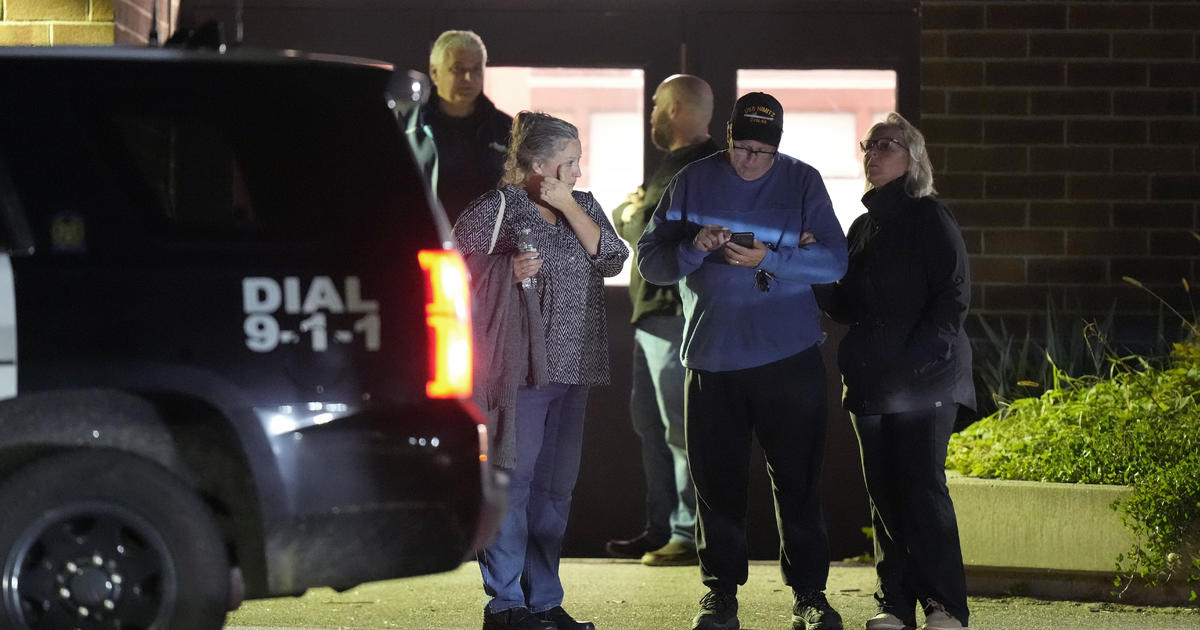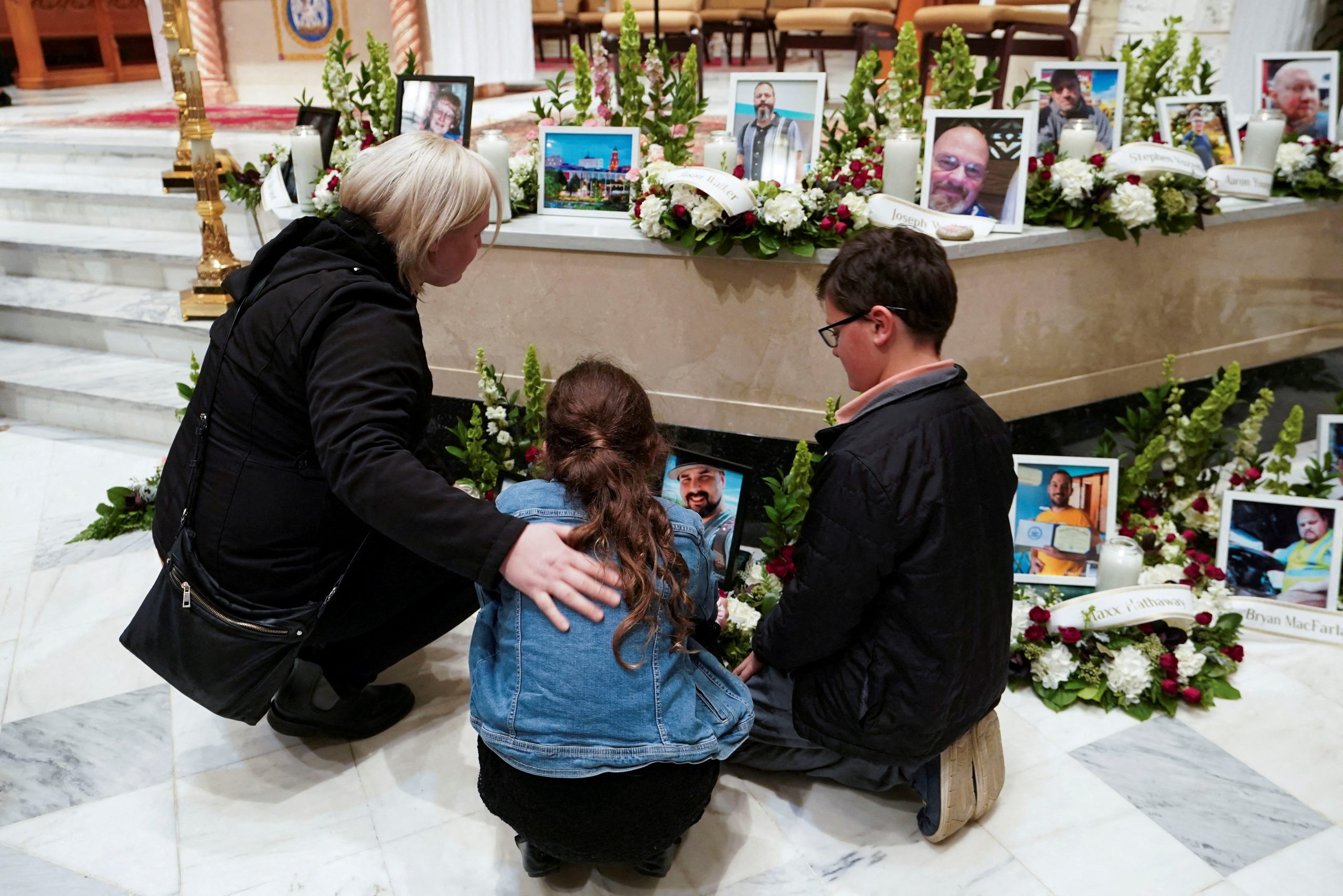A devastating incident that unfolded in Lewiston, Maine, a US Army Reserve reservist, Robert R. Card, perpetrated a mass shooting that claimed the lives of 18 people and left 13 others injured.

US Army Reserve Member’s Family Alerted Authorities to Maine Shooter Concerns Weeks Ahead of Tragic Assault (Photo: the bharat express news)
Army Reserve Unit’s Disturbing Report
According to the recent development released by Times Live News, in October 30, 2023, five months before a tragic mass shooting that left 18 people dead at a bar and bowling alley in Lewiston, Maine, the family of a US Army Reserve reservist reached out to the sheriff’s office, expressing grave concerns about his deteriorating mental health and his possession of at least 10 firearms.
In September, a second report emerged when US Army Reserve Robert R. Card’s Army Reserve unit, located in the nearby town of Saco, contacted the Sagadahoc County Sheriff’s Office to request a “wellness check” on Card. Alarming details were shared in the incident report, disclosing that Card, a 40-year-old sergeant, had been tormented by voices accusing the US Army Reserve of pedophilia and criticizing his physical attributes.
Even more troubling, the US Army Reserve had threatened to “shoot up” the military facility, leading to growing concerns within the Army Reserve unit.
READ ALSO: New England Patriots Players Now Facing An Uphill Battle To Secure A Playoff Spot
Failed Prevention Measures and Ongoing Debate
In a report published by Reuters, despite efforts by the sheriff’s office to address the family’s initial concerns and the US Army Reserve unit’s subsequent request for assistance, Card went on to commit the 10th-deadliest mass shooting in the United States, shedding light on the need for more effective gun regulations and mental health interventions.
Maine, like many states, has loose gun control laws, but in 2022, a “yellow flag law” was enacted to allow temporary gun seizures from individuals deemed a risk to themselves or others by medical practitioners. The devastating events relating to the US Army Reserve have also reignited the debate surrounding the boundaries of the 2022 US Supreme Court ruling affirming the right for individuals to carry weapons in public.
The tragic outcome in Lewiston, Maine, emphasizes the importance of comprehensive gun control measures and mental health support within the US Army Reserve, raising questions about the efficacy of existing regulations and the need for more robust preventative action to avoid such catastrophic events.
READ ALSO: Trendy Neighborhoods In Washington And Their Undesirable Crime Rates
























